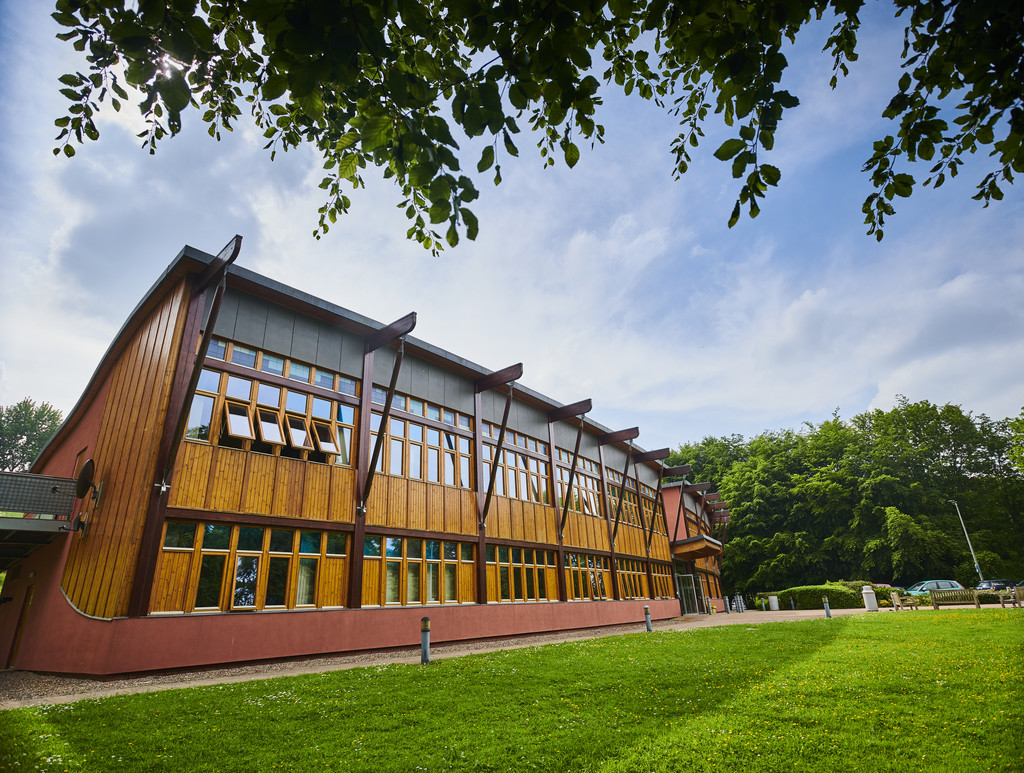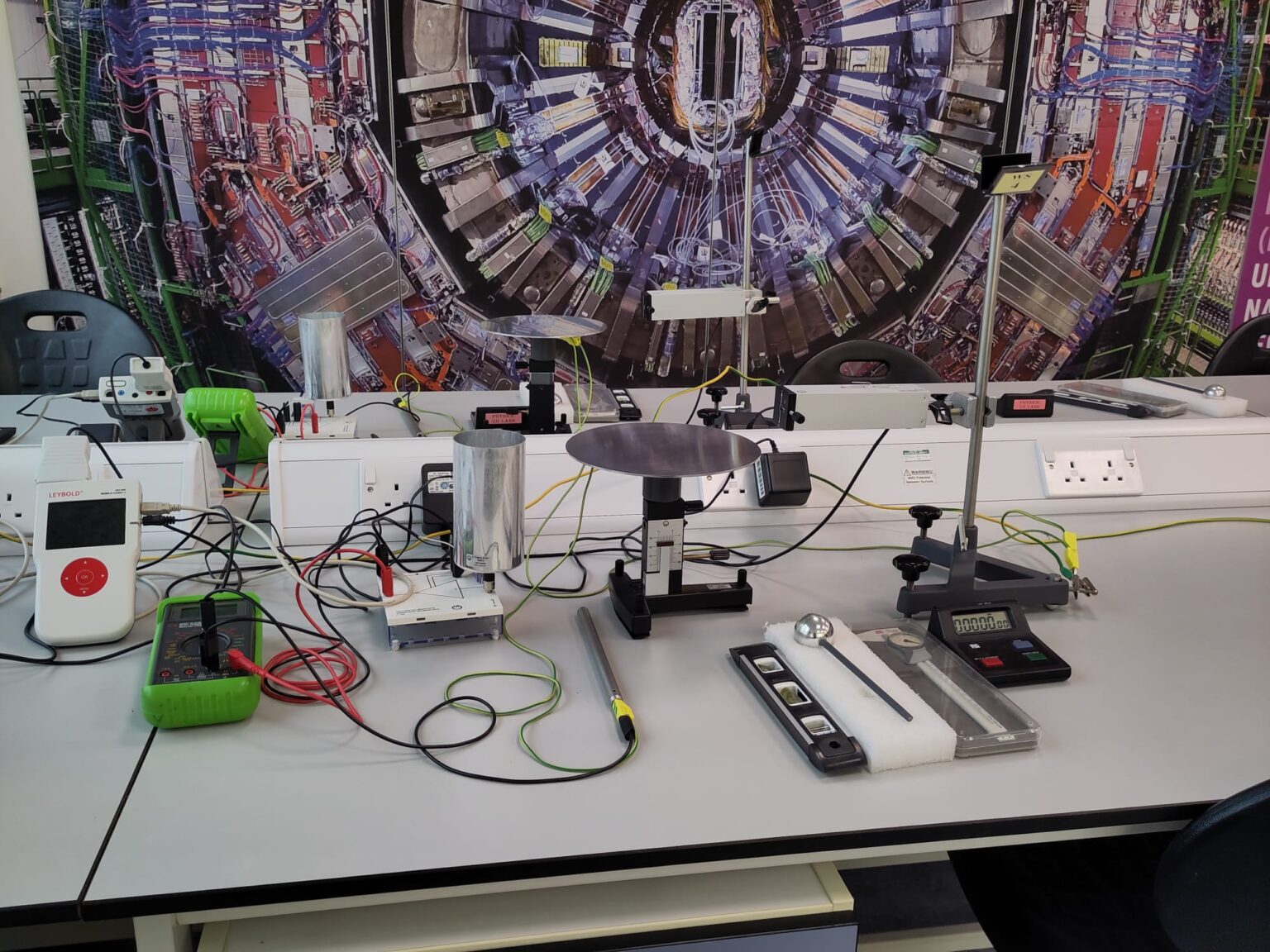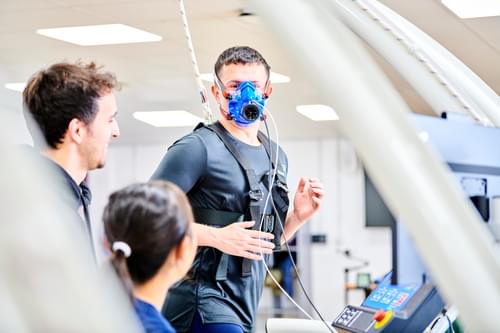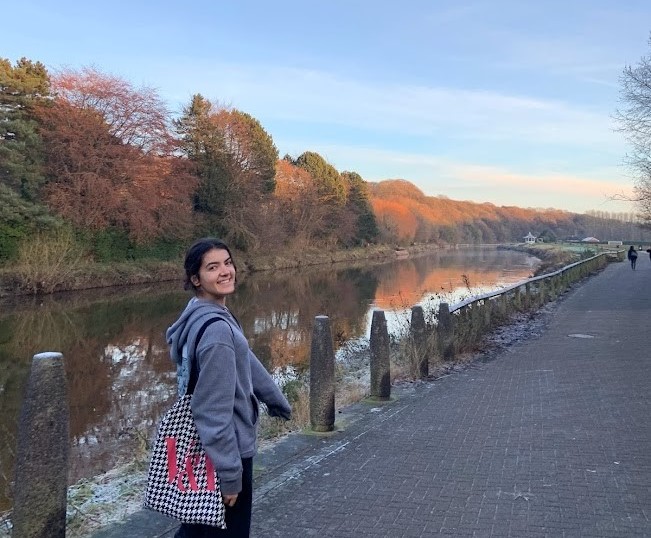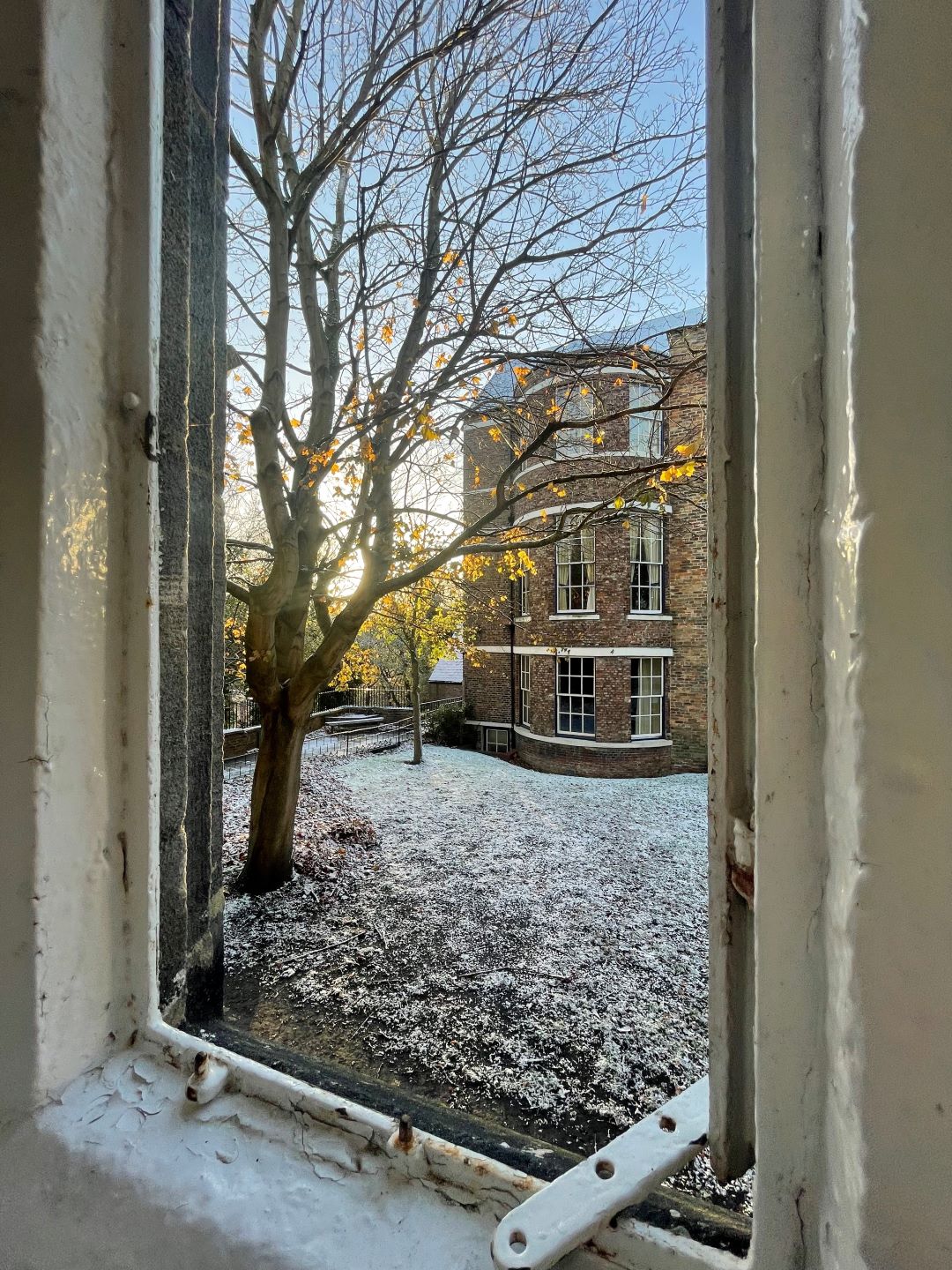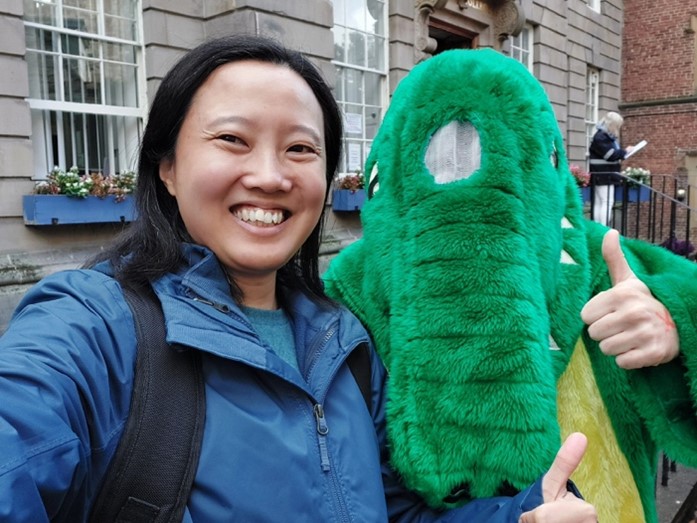The Politics Department at Durham is called the School of Government and International Affairs (SGIA). The great thing is that there are many different sub-sections within politics that you can choose to specialise in, including comparative politics, political theory, diplomacy, international relations etc. SGIA is especially good at Middle Eastern politics and diplomacy research, with multiple research centres on Middle Eastern studies.
I studied Politics Philosophy and Economics (PPE) in my first year, which is why I took two economics modules. At the end of my first year, I decided to transfer to a Philosophy and Politics degree. I really enjoyed all of my modules, but I will focus on the politics module in this article.
Since I study Philosophy and Politics, I am especially interested in the theoretical aspect of politics, otherwise known as political philosophy or political theory. Here are all the modules I took in three years:

A day in my life
A typical day as a politics student usually starts from making packed lunch to bring with me if I have lectures or tutorials on that day.
I have six lectures per week, each lecture is one hour long. In addition to the lectures, I have six tutorials spread out across two weeks, each tutorial is also one hour long. There is a 10-minute break in between lectures for us to walk to the lecture sites. After I finish my lectures or tutorials in the morning, I would find a quiet place to sit down and have lunch, usually in one of the university cafes or the lounge area in SGIA, because there is a microwave and hot water. I will then find a study space nearby, sometimes in the Bill Bryson library, sometimes in my college library. After a few hours of reading or writing essays, I will either go off to another lecture or return home for dinner.

SGIA events
When I was in my first and second year, SGIA organised a weekly gathering of staff and students, inviting everyone to come for chocolate cakes, biscuits and coffee in the morning. I really loved it and went every time to meet fellow students, my lecturers and tutors.
There are also some research centres that you can sign up to and get updates regarding the talks and seminars that they organise. I also recommend reaching out to these centres and ask if they need any help. I was the volunteer student administrative assistant for one of the research centres (Centre for Contemporary Chinese Studies) when I was in my second year.
Lecturers and Tutors
The staff here are really supportive, they are always willing to help, whether it’s a question to clarify what we discussed in the lectures, or discussing the outline of your essay, or even proofreading a section of your essay (depends on the department regulation of the specific assignment). The best way to get to know them is through attending office hours, which are designated time for any students to go and ask the lecturers any questions regarding the module.
Discover more
About the School of Government and International Affairs SGIA here
Talk to our students on Unibuddy here
Download our latest prospectus and college guide here.
Follow our students on Instagram and YouTube.

Lijie Dong
I graduated with a Philosophy and Politics degree last July, currently working for the Campaigns team at Durham University. Big fan of cooking Chinese food and making bubble tea.

